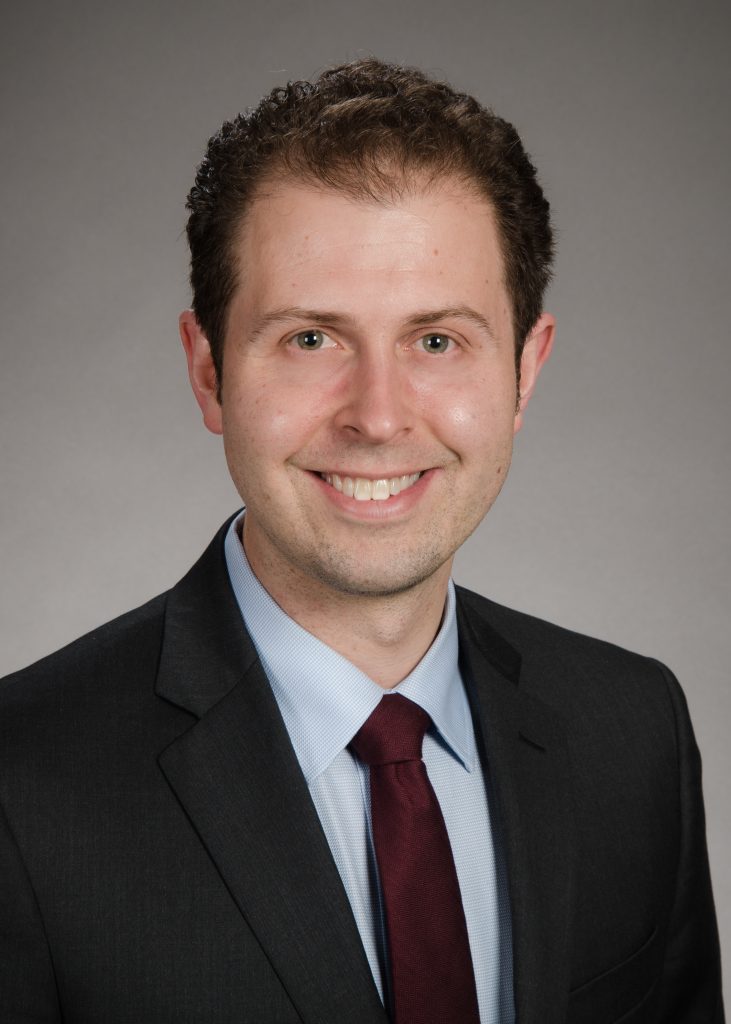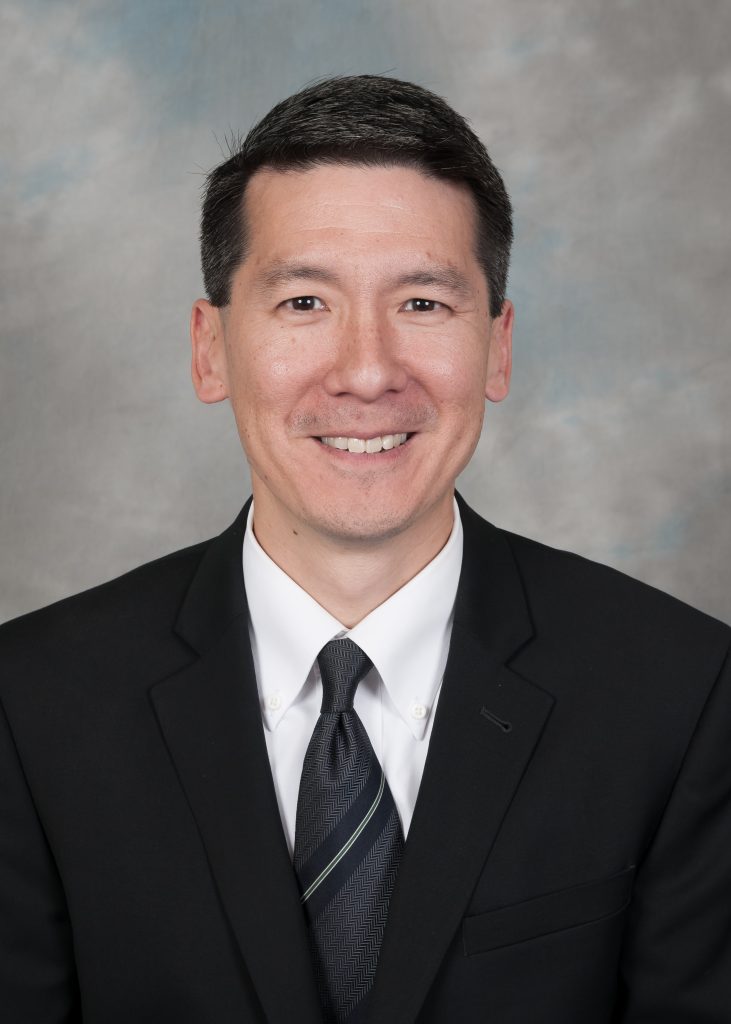Improving Health Equity Through Gender-Affirming Care

Improving Healthy Equity Through Gender-Affirming Care
Nationwide, roughly 1.6 million people over age 13 identify as transgender or non-binary, and they have unique health needs. However, many people in this group face a lack of access to healthcare. In fact, up to 70% report facing discrimination when seeking medical services.
UW Medicine actively addresses this gap in equitable healthcare by providing gender-affirming care through its growing Transgender and Gender Non-Binary Health Program.
“Transgender and non-binary patients often don’t get the same quality of care as their cisgender peers,” says Alexander J. Skokan, MD, a UW Medicine reconstructive urologist and gender-affirming surgeon. “Advancing the tools our institution and regional partners can use to meet these patients’ needs is very rewarding. Striving to raise the standard of care is one of the most important pieces we can provide as clinicians and leaders from the perspective of health equity.”
A unique, interdisciplinary program
UW Medicine’s program is a multidisciplinary initiative that brings together urology, plastic surgery, gynecology, otolaryngology, primary care and endocrinology experts to provide both medical and surgical care. Our doctors also collaborate with mental health experts throughout Washington who can support and guide patients through the gender-affirming surgery process.
“A critical part of delivering high-quality care is having all the pieces together in one place for a comprehensive approach,” Skokan says. “We are fortunate to have the expertise to build a comprehensive program for surgical and medical care.”
But the program’s value goes beyond improving healthcare access through services at UW Medicine. These efforts are also making an impact on trainees and community clinicians.
“Through our work and this program, we are educating our current and future workforce that will be in and around the community, equipping them with the knowledge needed to better serve their gender-diverse patients,” he says. “We’re really trying to educate our community providers so they can deliver better care, answer questions and triage common problems for transgender or non-binary patients they may care for.”
Offering gender-affirming surgery
To help patients along their gender-affirmation journey, UW Medicine doctors follow the standards of care established by the World Professional Association of Transgender Health (WPATH). These guidelines offer direction around the timeline for and use of medical care, including gender-affirming hormone therapy and specific surgical procedures.
Before any surgeries, the WPATH guidance recommends patients follow hormone therapy for several months and live in their community as the gender they identify with for at least six months. From there, the desired surgery determines the timeline for their care, Skokan says.
Approximately 60% to 70% of patients will initially express interest in at least one major gender-affirming surgery. However, only 20% to 40% will eventually undergo such a procedure. Still, this type of care is vital.
“The important thing to remember is that a meaningful minority, or possibly one day even a majority, of patients may be pursuing surgery at some point in their lives,” he says.
Patients often seek facial gender-affirming surgery, voice modification surgery, chest or breast gender-affirming surgery, hysterectomy (removal of the uterus) and orchiectomy (removal of the testicles). These procedures have varying wait times based on several clinical factors.
The timeline for more major surgeries — specifically genital reconstruction procedures — can extend from 18 to 24 months due to the preparation time needed. Vulvovaginoplasty (construction of external and internal female genitalia) is the most common major genital procedure UW Medicine surgeons perform for patients born with masculine genitalia. Our surgeons can also perform phalloplasty and metoidioplasty (construction of male genitalia) for patients born with feminine genitalia.
The benefits of gender-affirming care
Alongside the physical benefits, gender-affirming care provides substantial mental health advantages, Skokan says.
“When you compare patients who’ve been able to undergo surgery versus those who were interested but not able to, the data indicates these procedures are truly lifesaving,” he says.
In fact, individuals who have these types of surgeries report a 44% decline in suicidal ideation, 42% reduction in psychological stress and 35% drop in cigarette smoking.
The impact of gender-affirming medical care, such as hormone therapy, is even more significant among gender-diverse adolescents and young adults. Receiving this type of care can lower their thoughts of suicide by 73% and reduces their risk of moderate-to-severe depression by 60%.
Advancing gender-affirming care
Access to equitable healthcare increases as hospitals open more gender-affirming programs nationwide. But there’s still room for improvement.
Urologists have the power to strengthen healthcare for transgender and non-binary individuals. They can also encourage healthcare leaders to invest more in these initiatives and add their voices to public conversations around health equity.
And UW Medicine can lead the way, Skokan says.
“It’s important that we expand access to care and support the distinctive, multifaceted needs of these patients,” he says. “We have a unique opportunity to deliver care to a marginalized community. We should continue to take pride in advancing care for a group that faces significant discrimination.”





